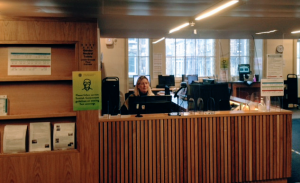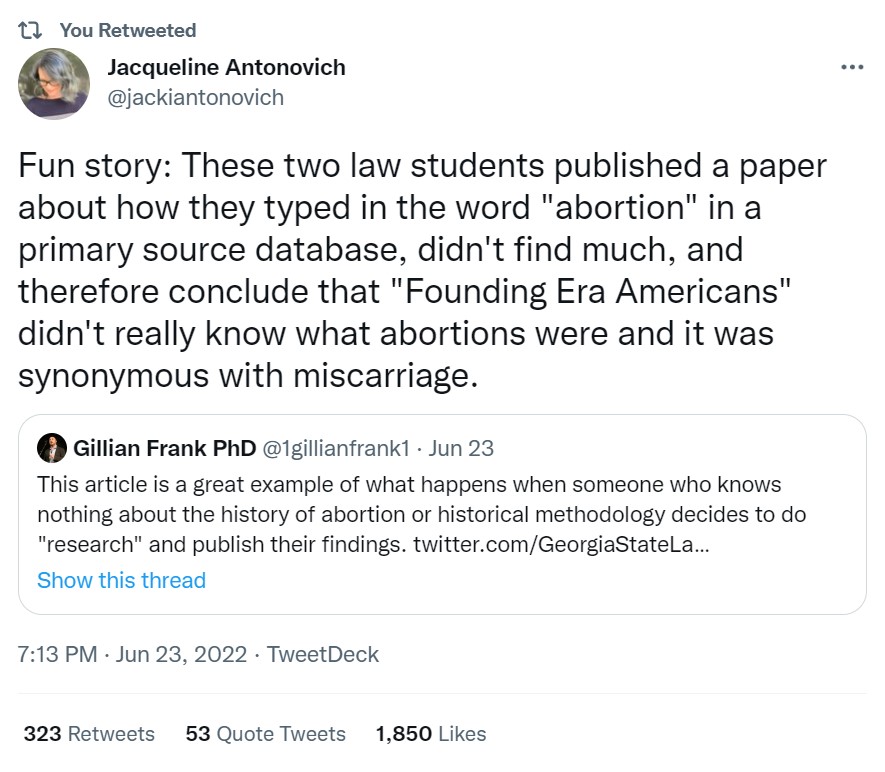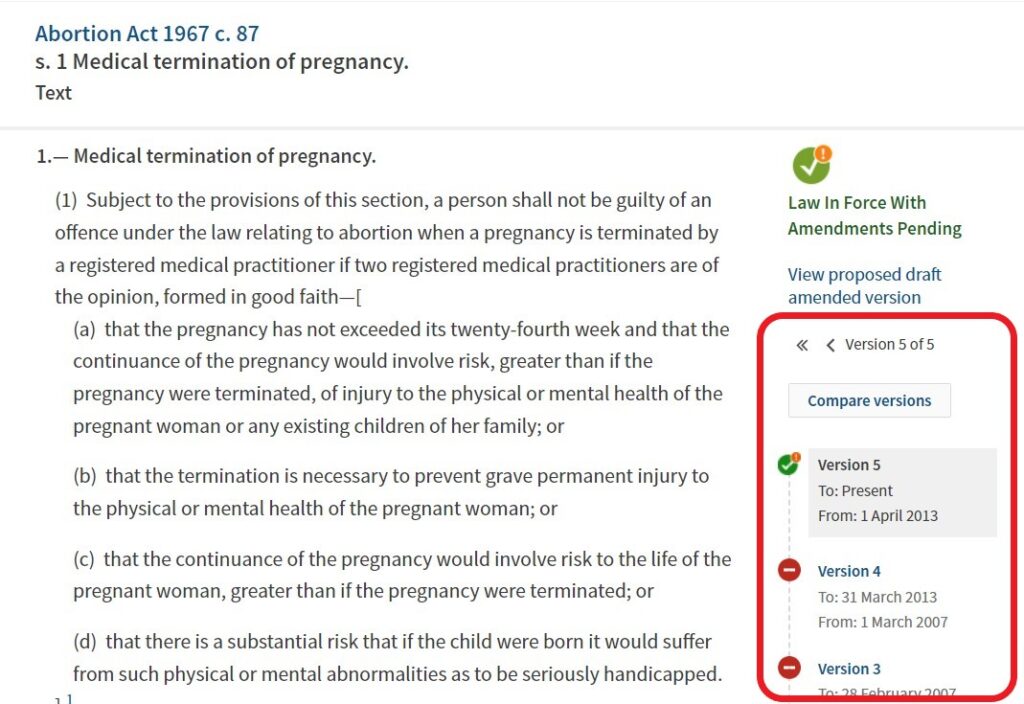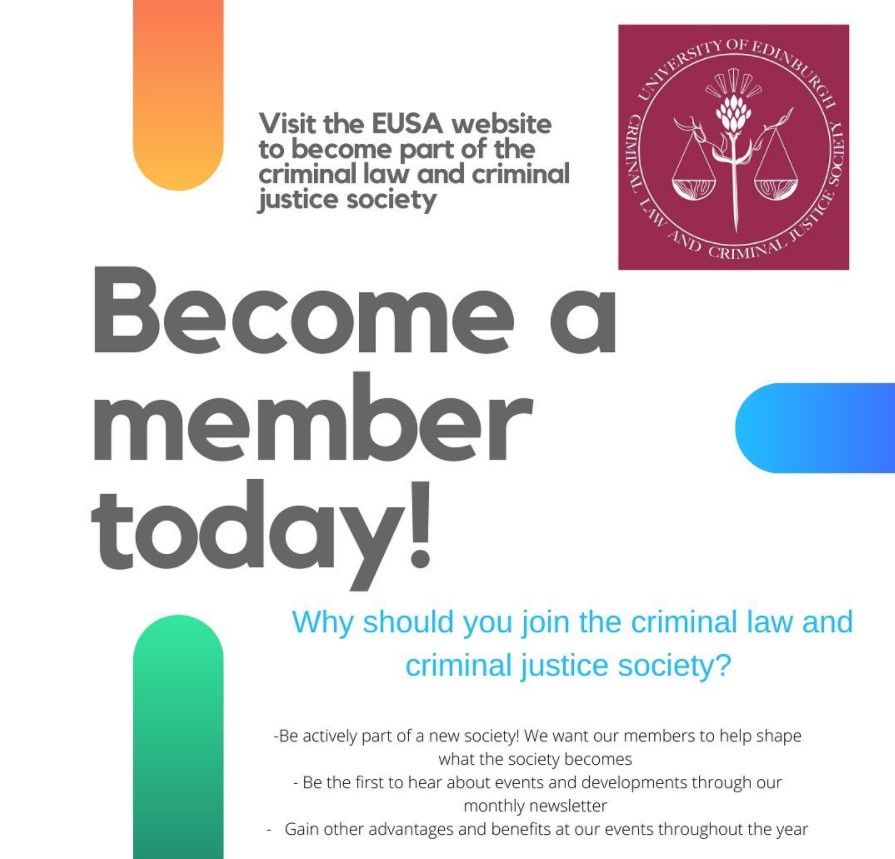With the exam period already here and the need for more space to study and revise, one of the most common concerns for Law students is finding study spaces in the library.The Law Library is the favourite and preferred place to study but as spaces are limited, we have looked around the central campus for more options to manage demand during peak times.

From Pixabay (https://pixabay.com/photos/garbage-trash-litter-recycling-3259455/)
EXTENDED OPENING HOURS:
More information about opening hours for the Law Library specifically over the festive period can be found on the Law Library pages of the Library website. Please note that there are extended opening hours on Sundays in November (on 24th) and December (on 1st, 8th and 15th) until 18.50. Usual Sunday opening hours (open until 16.50) will resume in January.
STUDY BREAK CARDS:
Cards are situated around the library that can be used to keep your space while you take a short break. Turn the card to 15 minutes for a Short Break or fill out the time you intend to be away from your desk for longer breaks like lunch (up to one hour). This scheme has been shown to encourage healthy study patterns and help utilise the space we have available. We’ve used this system in the Law Library in the past and it’s gotten great feedback, so much so that it’s been extended to other libraries in our network.
ALL UNIVERSITY CAMPUS LIBRARIES (CENTRAL, KB, EASTER BUSH, WESTERN & ROYAL INFIRMARY)
Did you know that you can use any of the 13 site libraries that are part of the University’s library network? There are 5 within 5-10 minutes walk of the Law Library and the rest a bit further afield. Feel free to explore the different Library Locations
We believe this is a compromise that can work for students who need to use materials held specifically in this library without limiting who can work and study in the space. We understand Law students can feel that they should be prioritised when it comes to space in the Law Library, however the Law Library is part of the libraries’ network – including the Main Library, which also houses high use law books – and limiting access to one of these is neither possible nor fair. Law students also benefit from being able to use any of the campus library facilities – for example, did you know that the new KB nucleus is directly connected to the Murray Library and is open to everyone (including Law students)?
ADDITIONAL SPACES WITHIN THE SCHOOL OF LAW
For those of you that prefer to work within the space of the School of Law, there are additional spaces alongside any cafe facilities. You can also use the Dame Margaret Kidd Social Space and the Ken Mason Postgraduate Hub.
MORE STUDY SPACES AROUND THE CENTRAL CAMPUS
There are also temporary additional study spaces open at the Main Library and 40 George Square for study and revision. For all Postgraduates, the 5th floor in the Main Library is the place to be. And 40 George Square now features a Heat & Eat space! Details can be found of these and many other spaces across campus on the Study Spaces page of the website
And don’t forget, you can book group study rooms and student study spaces in all libraries by visiting the myEd Room Booking system (Booker).
Lastly, did you know about the Lister Learning & Teaching Centre? A beautiful space, not that far away from Old College, it offers space for teaching and revising. You can visit or book a space (through Booker) to revise or work on your assignments
All this information can be found in a handy leaflet we have prepared for you. Make sure you pick one up from the Law Library or download it and you can access the different locations by scanning the QR codes.
While we can appreciate the issues with finding space in the Law Library we find it a great compliment that so many students want to study with us. We are limited in the number of seats available but we hope you’ll understand we’re doing what we can to maintain a pleasant and peaceful study environment; the fantastic Helpdesk team are always on hand to assist where they can.

Our Helpdesk staff are ready to assist you in the library.
If you have queries or want to speak to someone directly about our libraries and collections, you can contact us by email: law.librarian@ed.ac.uk. We’d love to hear from you.













